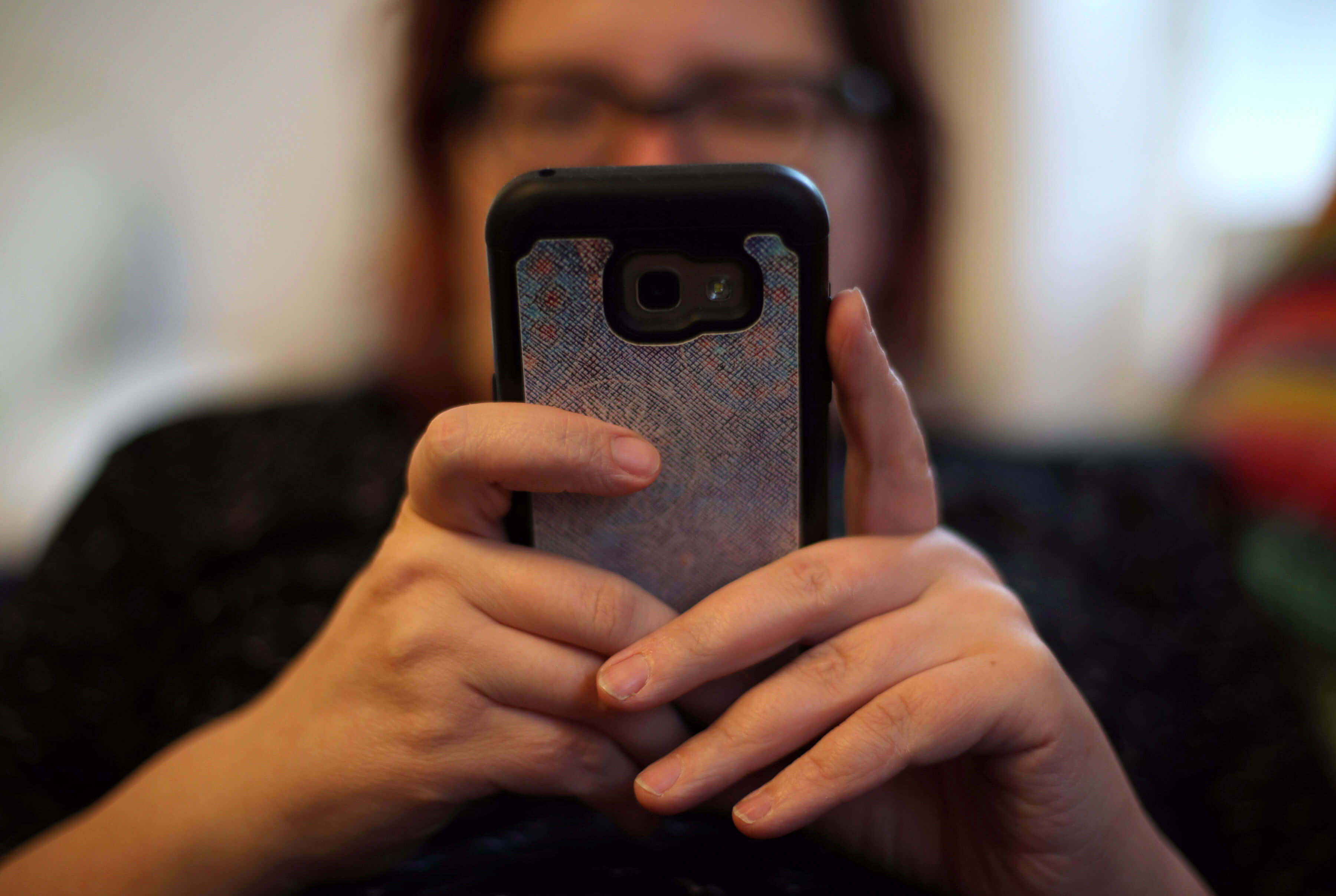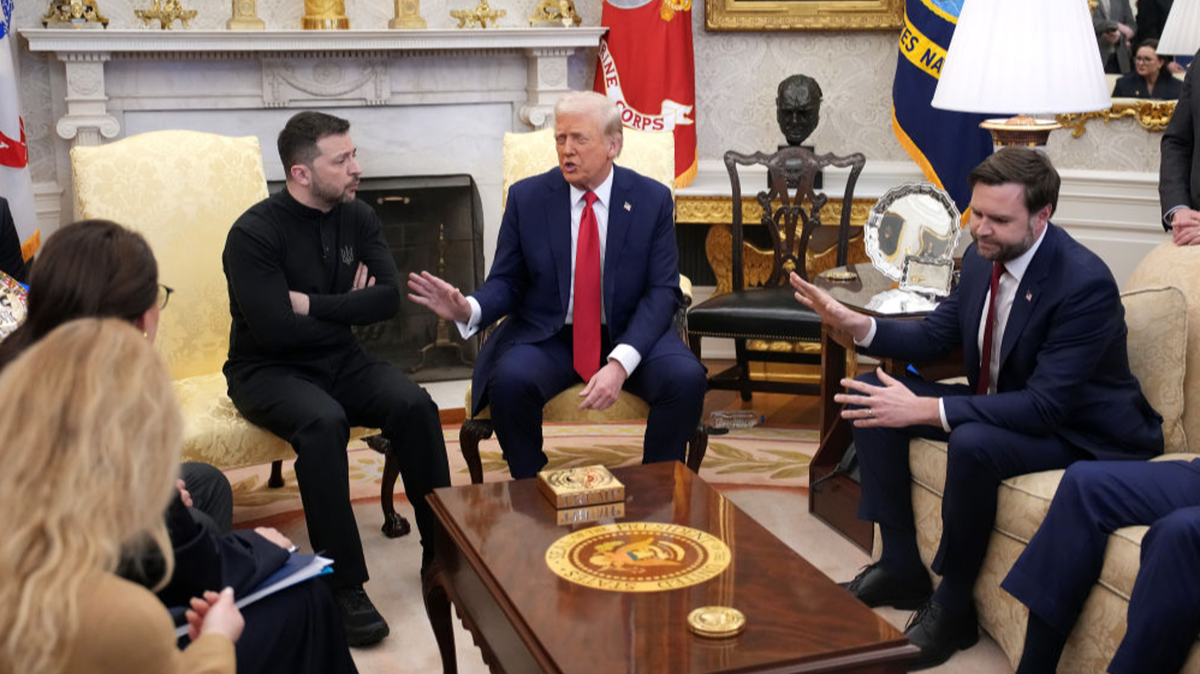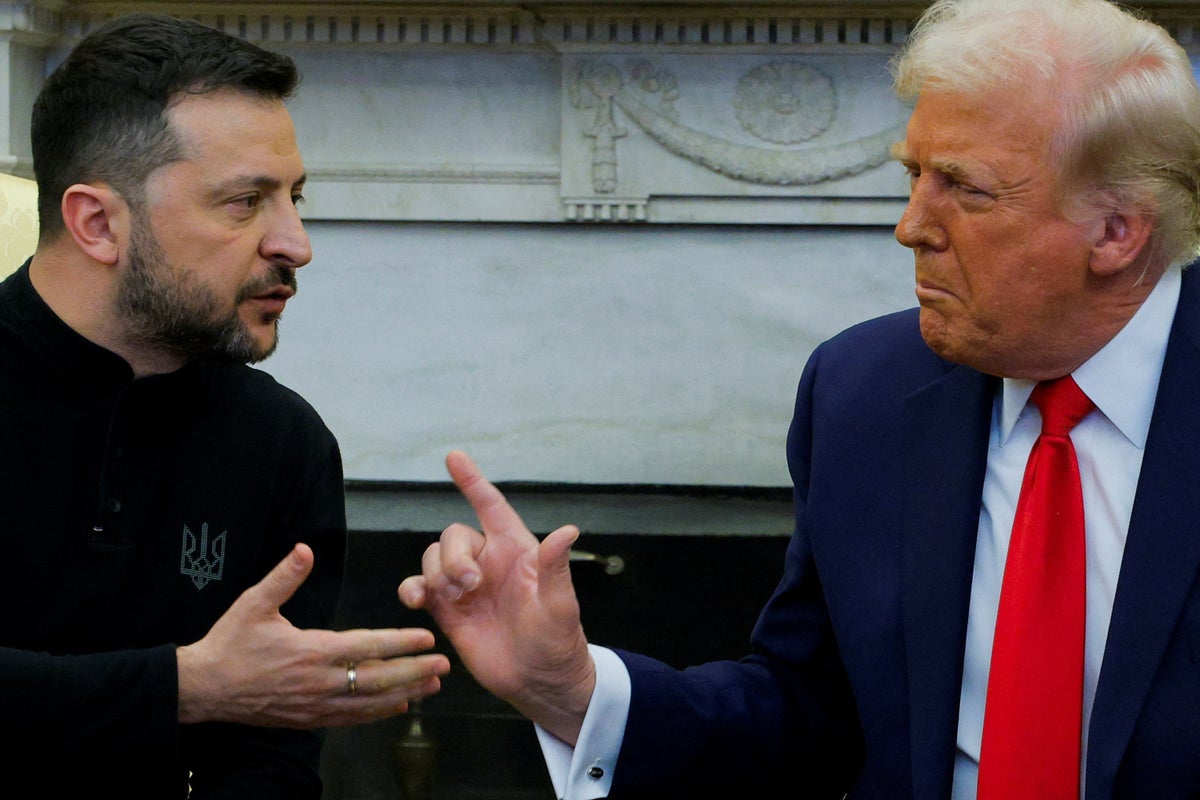How would legal sports betting affect college sports in Springfield? What to know

With their approval or rejection of Amendment 2, voters will decide whether to make sports betting legal in Missouri.
The ballot initiative, one of six statewide measures up for a vote Nov. 5, comes as legalized gambling is on the upswing in the United States. Until 2018, Nevada was the only state with legal sports betting. But following a U.S. Supreme Court ruling that year, 38 states and the District of Columbia have legalized sports betting in some form, driving the American sports betting industry to a record $10.92 billion in revenue in 2023, according to the American Gaming Association’s annual report.
Most of Missouri’s neighboring states now allow gambling on athletics. Led by St. Louis Cardinals President Bill DeWitt III, a coalition of six professional Missouri sports teams, backed by major donations from two sports betting platforms, is pushing for it to pass in the Show-Me State, as well. Bills legalizing sports betting have been passed by the Missouri House in recent years, only to falter in the Senate.
Approval of the Nov. 5 constitutional amendment would allow those 21 and older who are physically in Missouri to bet on sporting events, including on Missouri State and University of Missouri games and different prop bets.
The NCAA has adjusted in recent years to the boom in sports betting across the country by installing new rules and punishments for student-athletes who partake in several scenarios. There have been several gambling scandals in college athletics, including a sting of more than two dozen athletes at Iowa and Iowa State and one that resulted in the firing of Alabama head baseball coach Brad Bohannon.
NCAA President Charlie Baker also recently penned a letter noting the association’s efforts in battling harassment toward student-athletes online, due in large part to the rise in sports betting.
Asked about potential impacts on local programs, new Missouri State athletic director Patrick Ransdell declined to comment for this story.
Here are things to know about Amendment 2, sports betting and what the NCAA has done in recent years.
What is Amendment 2?
Proposed Amendment 2 would:
- Allow the Missouri Gaming Commission to regulate licensed sports wagering, including online sports betting, gambling boats, professional sports betting districts and mobile licenses to sports betting operators;
- Restrict sports betting to adults over the age of 21 who are physically located in the state;
- Allow license fees prescribed by the Missouri Gaming Commission and a 10% wagering tax on revenues received to be appropriated for education after expenses sustained by the commission and required funding of the Compulsive Gambling Prevention Fund;
- Allow for the general assembly to enact laws consistent with this amendment.
According to the ballot measure, state government entities estimate one-time costs of $660,000, ongoing annual costs of at least $5.2 million and initial license fee revenue of $11.75 million. Entities also estimate unknown tax revenue ranging from $0-28.9 million annually because the proposal allows for deductions against sports gaming revenues. Local governments estimate unknown revenue.
A vote “yes” on Amendment 2 will amend the Missouri Constitution and a vote “no” on Amendment 2 will not amend the Missouri Constitution pertaining to sports betting.
What are the NCAA rules about sports betting?
NCAA rules ban participation in sports betting activities and prohibit providing information to individuals involved in or associated with any type of sports betting activities concerning intercollegiate, amateur or professional athletics competition.
The NCAA states: “If you are a student-athlete, coach or athletics staff member, regardless of sport or division, you are not allowed to bet or provide any useful information that can influence a bet in any sport the NCAA sponsors at any level.”
What are the NCAA penalties for those who violate betting rules?
In changes to the NCAA’s guidelines for sports wagering violations that were announced in June 2023, some guidelines could either ban the violator or suspend them for a period of time.
The guidelines read as:
- Student-athletes who engage in activities to influence the outcomes of their own games or knowingly provide information to individuals involved in sports betting activities will potentially face permanent loss of collegiate eligibility in all sports. This would also apply to student-athletes who wager on their own games or on other sports at their own schools.
- If a student-athlete wagers on their own sport at another school, education on sports wagering rules and prevention will be required as a condition of reinstatement, and the loss of 50% of one season of eligibility will be considered.
- For all other wagering-related violations (e.g., wagering on professional sports), cumulative dollar value of the wagers will be taken into consideration with the following terms for reinstatement:
- $200 or less: sports wagering rules and prevention education.
- $201-$500: loss of 10% of a season of eligibility, plus rules and prevention education.
- $501-$800: loss of 20% of a season of eligibility, plus rules and prevention education.
- Greater than $800: loss of 30% of a season of eligibility, plus rules and prevention education.
What has the NCAA said about student-athlete online harassment due to sports betting?
Baker, the president of the NCAA, recently wrote that the association, in partnership with tech firm Signify Group, reviewed a study that investigated online abuse and threats toward student-athletes online.
The analysis found that 80% of detected abuse over the last two seasons, directed at student-athletes, has been toward basketball players competing in March Madness. Out of 1.3 million posts toward student-athletes, with 72,000 being flagged as artificial intelligence, more than 5,000 contained abusive, discriminatory or threatening content.
Baker wrote that 63,000 student-athletes, coaches and administration have participated in the NCAA’s “comprehensive gambling harm and student-athlete protection educational program.” He also noted almost 25,000 athletes have completed the association’s first sports betting e-learning module.
How many states have sports betting?
There are 38 states, plus the District of Columbia, where sports betting is legal, according to AmericanGaming.org. Missouri is the only state with active legislation.
All states bordering Missouri have live, legal sports betting except for Oklahoma.
Nebraska has no legislation for mobile sports betting but allows retail sports betting.
Kansas, which legalized sports betting in 2022, recorded $1.85 billion of wagers in its first year of legalization.
Can you bet on Missouri State games?
Those in states where sports betting is legal have been able to bet on Missouri State football and men’s basketball games for quite some time. Betting odds and totals are released for football games weekly and in the days before men’s basketball games.
Some sportsbooks have allowed bettors to gamble on women’s basketball and baseball games during NCAA Tournaments.
Why are the Cardinals, Blues, Chiefs and Royals pushing for sports betting?
Under the constitutional amendment, the six sports franchises in the coalition play in arenas that seat 11,500 or more and would be eligible for a license to receive bets on games, player performance and other elements of a contest with a variable outcome. In other words, fans in attendance would be allowed to bet at places like Busch Stadium or Arrowhead Stadium.
The sports teams working together on the initiative are the St. Louis Cardinals, St. Louis Blues, St. Louis CITY SC, Kansas City Chiefs, Kansas City Royals and the Kansas City Current.
“Recent estimates suggest that Missourians place roughly $2 billion a year in bets using offshore gaming websites,” a release from the coalition said, “while other Missourians drive to neighboring states to place wagers.”
Related
Sports Betting Giant Flutter Forecasts Strong U.S. Growth To Drive…
Flutter CEO Peter Jackson.Courtesy of Flutter Entertainment Flutter Entertainment, the world’s largest online gambling company, said that it’s expecting str
BetBlocker Enters US Responsible Gambling Market
The charity, originally from the UK, launched a US unit, BetBlocker US, as part of its North American entry. The organiz
Viewers react to ’embarrassing’ JD Vance comment toward Zelenskyy as…
Social media users watching clips of the heated meeting between President Donald Trump, Vice President JD Vance and President Volodymyr Zelenskyy have called a
Ukraine latest: Zelensky urges Trump to stand ‘more firmly on…
We have Zelensky's statement in full Below, we have Ukrainian president Volodymyr Zelensky’s statement in full after touching down in the UK following a fiery













